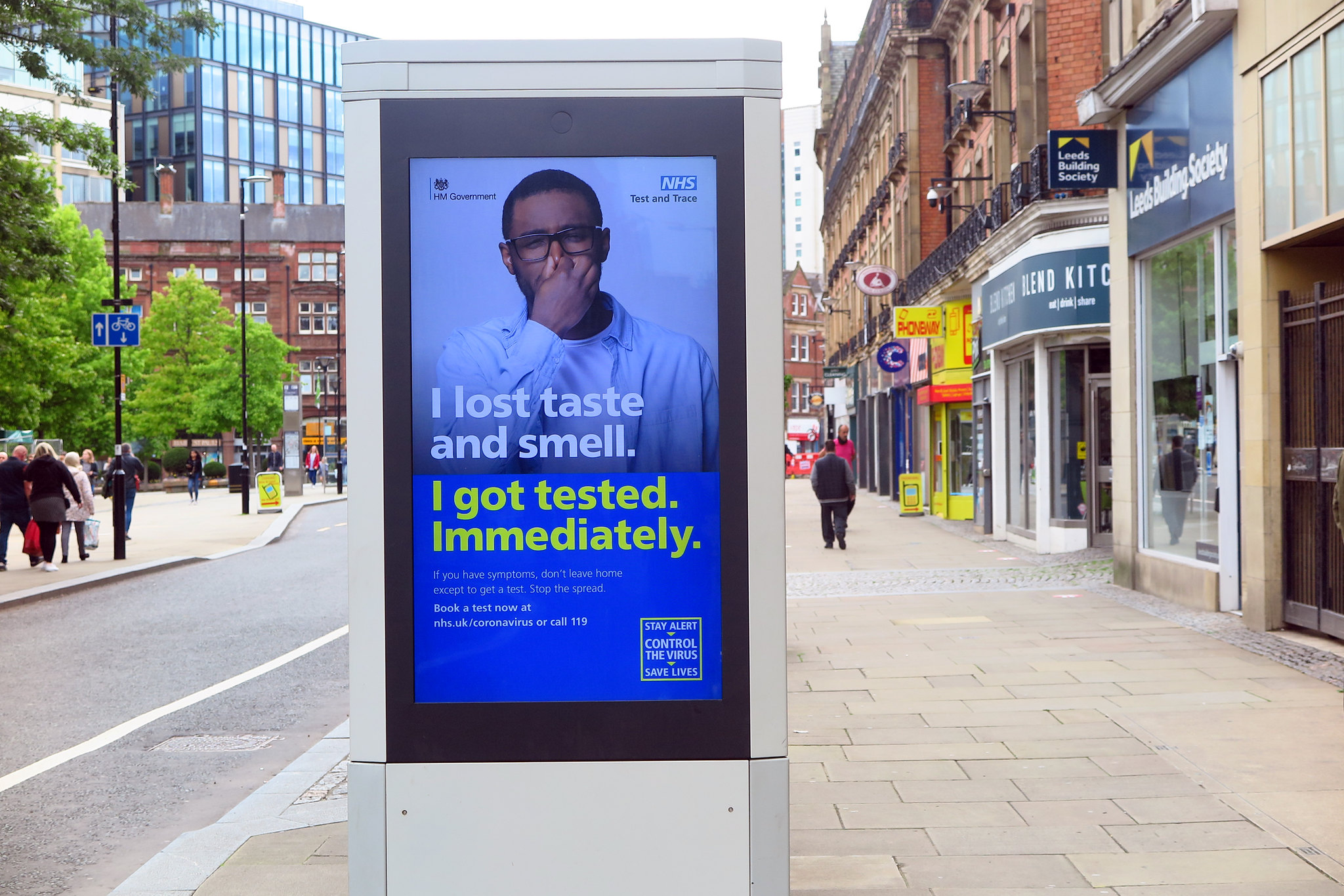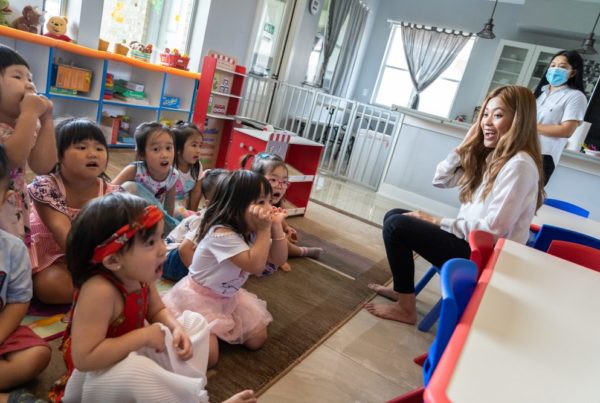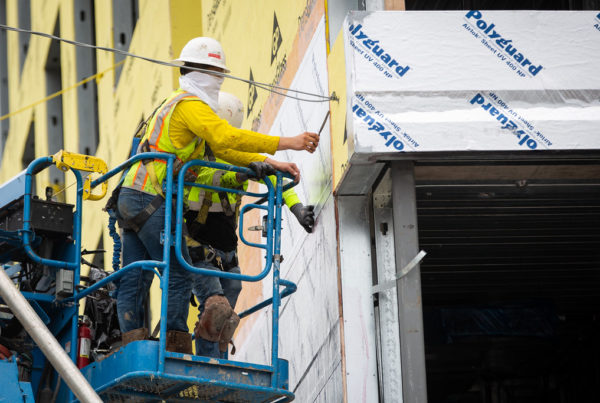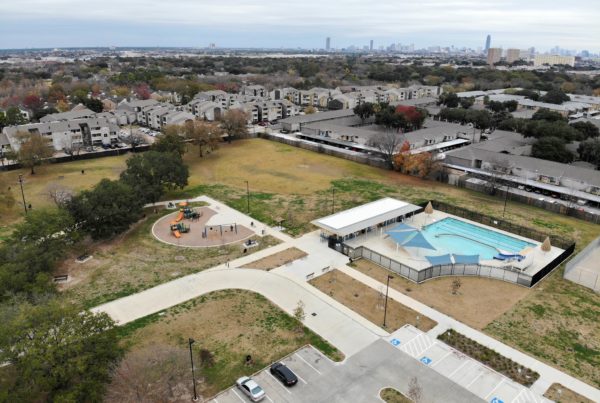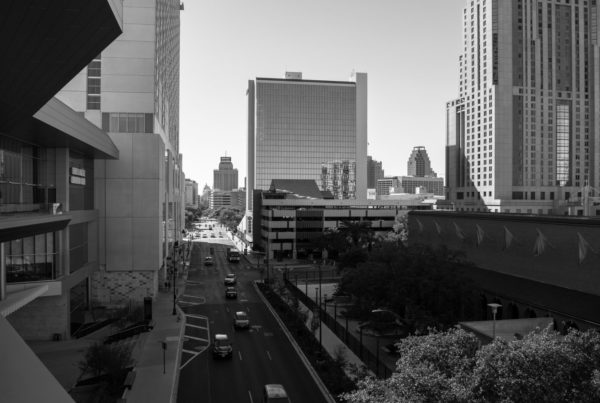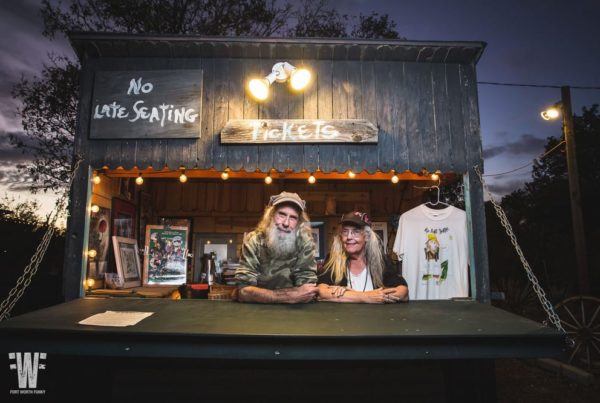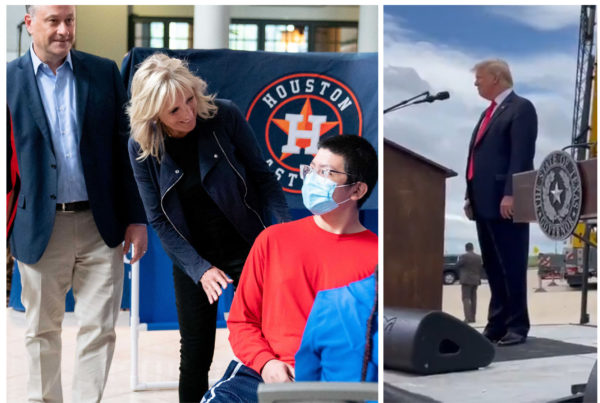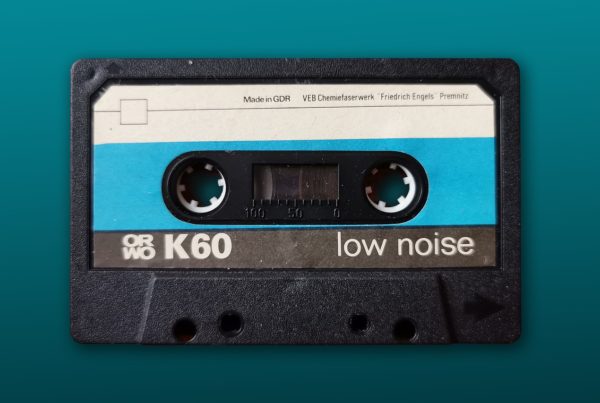As the delta variant of COVID-19 spreads more widely, one Texas health expert warns that puts unvaccinated Texans of all ages at higher risk for the disease.
Dr. James McDeavitt, executive vice president and dean of clinical affairs at Baylor College of Medicine in Houston, says the delta variant, which originated in India, is almost like an entirely new disease. It spreads more easily, and will soon replace the alpha variant, which originated in Great Britain, as the dominant coronavirus variant in Texas.
“It is almost 100% of the disease in Great Britain, and in Texas, it’s trending in that direction,” McDeavitt told Texas Standard. “I expect within the next month or two, the delta variant will be the predominant variant in the state of Texas.”
Unvaccinated people face the most risk, including individuals in their 20s, 30s and 40s.
“Your risk of a bad outcome from getting this delta variant is going to be far, far greater than the infinitesimal risk of getting vaccinated,” he said.
Many of Texas’ rural areas are lagging behind urban ones when it comes to vaccination rates. That could mean people in those areas also face greater risk from the delta variant.
The good news is that the COVID-19 vaccines appear to be effective against. McDeavitt encourages all unvaccinated people to get the shot, but knows there can be hurdles to that, particularly in rural communities that didn’t experience the full extent of COVID-19 surges last winter and summer. Politics can also influence attitudes about vaccines, he says.
“It’s been well documented that areas of the state and country that are more conservative tend to have lower vaccination rates, and the cities tend to lean more liberal. So I think that’s part of it. But fundamentally, difference[s] in vaccination rates will drive this susceptibility to the delta variant,” he said.
For vaccinated people, McDeavitt says current Centers for Disease Control and Prevention guidelines are sound. Still, he urges caution around unvaccinated children and in crowded places and events, like concerts.
“If you’re vaccinated, I think you can be relatively confident in taking off your mask and not paying careful attention to social distancing and sort of living your life like you did before,” he said.
While health officials during the spring were urging people to get vaccinated to protect public health – in other words, to keep hospitals from overflowing and not pass the virus to more vulnerable individuals – now the push is to encourage people to protect their own health.
“Now Aunt Sally’s vaccinated and relatively safe,” McDeavitt said. “I think now the message is, you should get vaccinated because you could … get sick.”


